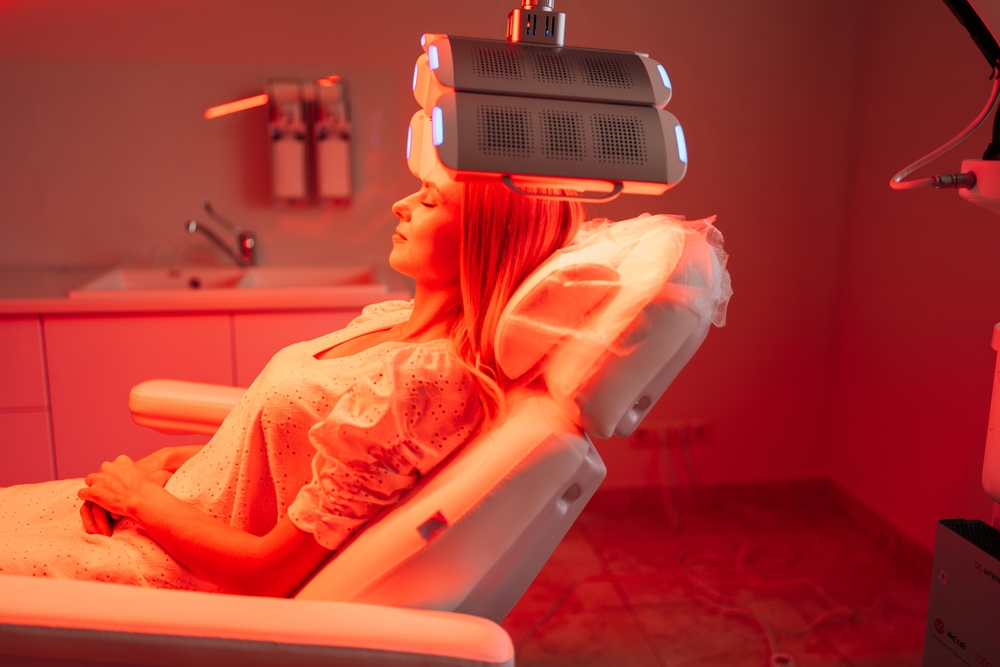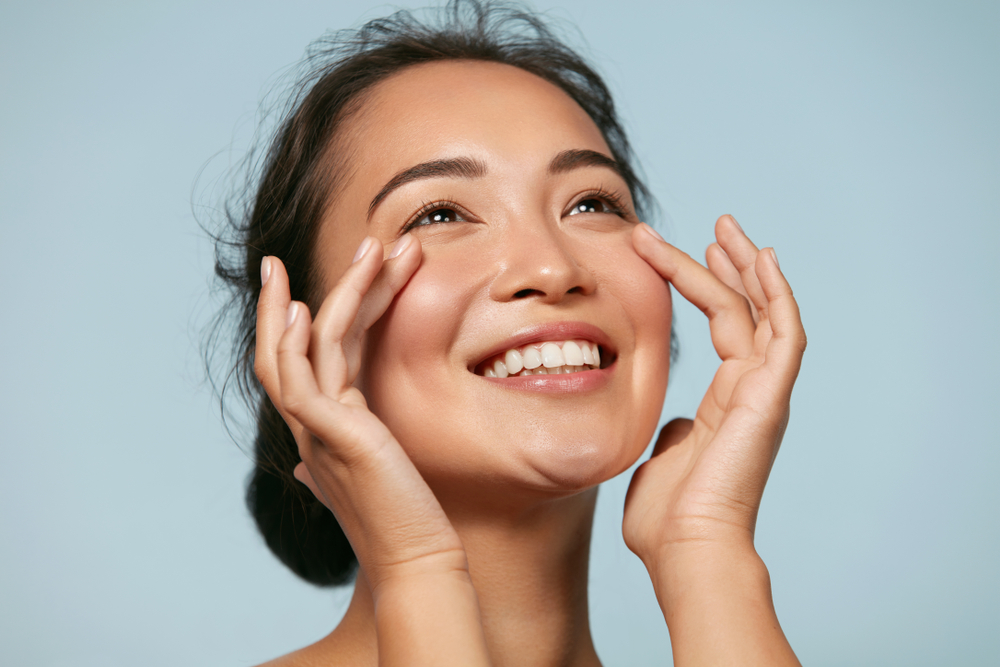As the temperatures drop and winter sets in, many people notice an increase in hair shedding. While it’s normal to lose some hair year-round, seasonal changes can exacerbate hair loss, especially during the colder months. Here’s what you need to know about cold weather’s impact on your hair and tips to keep your scalp and strands healthy.
Q: Why does hair seem to shed more in the winter?
A: Cold weather can contribute to hair shedding in several ways. First, the dry air, both outside and from indoor heating, can strip moisture from the hair and scalp, leading to dryness, breakage, and an increased rate of shedding. Additionally, the change in daylight and temperature can affect your hair’s growth cycle, leading to a temporary increase in hair loss in some individuals during the fall and winter months.
Q: Is it normal to experience more hair shedding in the winter?
A: Yes, some degree of seasonal hair shedding is normal, especially in late fall and early winter. This is often related to the natural hair growth cycle, where older hairs are shed to make way for new growth. However, if you notice excessive hair loss or patches of thinning, it could be a sign of other issues, such as nutritional deficiencies or a scalp condition.
Q: How can I prevent hair loss due to cold weather?
A:
- Hydrate your scalp and hair: Just as cold weather dries out skin, it can dry out your scalp and hair. Use moisturizing shampoos and conditioners that are hydrating and nourishing. Look for products containing ingredients like argan oil, glycerin, or shea butter to lock in moisture.
- Avoid hot showers: Hot water can dry out your scalp and hair. Use lukewarm water when washing your hair and avoid excessive heat styling, which can cause further damage and dryness.
- Use a humidifier: Dry indoor air from heating systems can further dehydrate your hair. A humidifier in your home can add moisture to the air and help prevent your scalp and hair from becoming too dry.
- Protect your hair: Cold, windy weather can lead to hair breakage. Wear a hat or scarf (preferably lined with silk or satin to prevent friction) to protect your hair from harsh winds and cold temperatures.
Q: Can stress during the holidays contribute to hair loss?
A: Yes, the stress that often accompanies the holiday season can trigger a type of hair loss called telogen effluvium. This condition causes hair follicles to prematurely enter the shedding phase, leading to noticeable hair loss. Managing stress through relaxation techniques, exercise, and sufficient sleep can help mitigate this effect.
Q: How does diet affect hair health during the winter?
A: A balanced diet is essential for healthy hair growth. Nutritional deficiencies, especially in vitamins like iron, vitamin D, and biotin, can contribute to hair thinning. During winter, make sure you’re eating a nutrient-rich diet with plenty of fruits, vegetables, lean proteins, and healthy fats. Consider adding omega-3 fatty acids from sources like salmon or flaxseeds to nourish your scalp and hair from within.
Q: Are there any scalp treatments that can help in the winter?
A: Yes! Consider incorporating scalp treatments that hydrate and promote circulation:
- Scalp massage: Gently massaging your scalp can stimulate blood flow, helping to nourish hair follicles.
- Oils and serums: Using natural oils like jojoba oil or tea tree oil can help keep your scalp moisturized and healthy, reducing dryness and flakiness that can contribute to hair shedding.
- Exfoliate your scalp: Gentle exfoliation of the scalp can remove dead skin cells and buildup, promoting healthier hair growth. Look for scalp scrubs or exfoliating shampoos that contain salicylic acid or mild fruit acids.
Q: When should I see a dermatologist about hair loss in winter?
A: If you experience significant or persistent hair shedding, patches of thinning, or scalp irritation that doesn’t improve with over-the-counter treatments, it’s a good idea to consult a dermatologist. We can assess your scalp health, evaluate any underlying causes of hair loss (such as alopecia, thyroid issues, or nutritional deficiencies), and recommend personalized treatments to help restore





